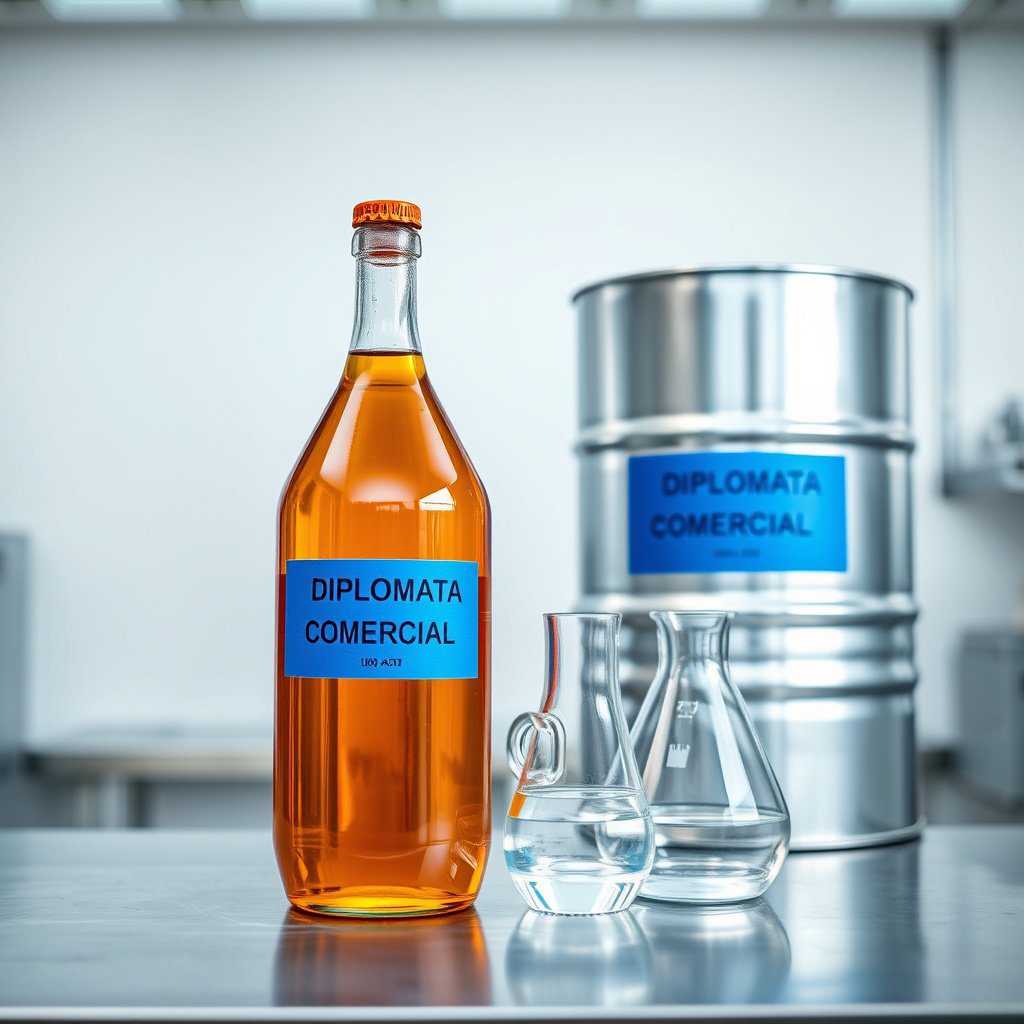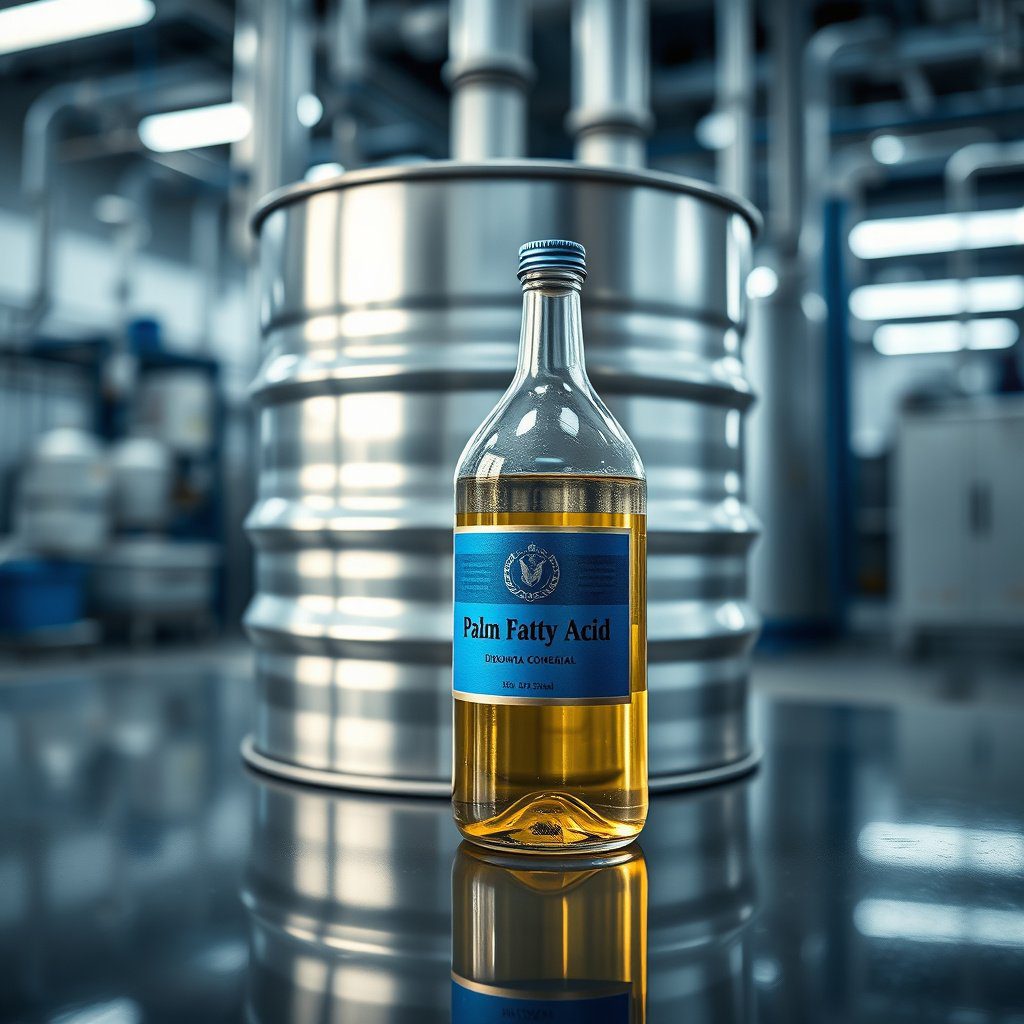Understanding the Chemical Industry Supply Chain
The chemical industry supply chain encompasses the entire process of producing, transporting, and distributing chemical products. It involves multiple stages, including raw material sourcing, manufacturing, packaging, logistics, and delivery to end-users. Each stage plays a critical role in ensuring the timely availability of products while maintaining quality and compliance with safety regulations.
Raw Material Sourcing
Raw material sourcing is the foundation of the chemical industry supply chain. It involves identifying and procuring the necessary materials required for chemical production. This process often requires establishing reliable relationships with suppliers to ensure consistent quality and availability. Additionally, factors such as geographical location, cost, and environmental impact are crucial considerations in this stage.
Manufacturing Processes
The manufacturing process in the chemical industry involves converting raw materials into finished products through various chemical reactions and processes. This stage is characterized by complex operations that require specialized equipment and skilled personnel. Quality control measures are essential throughout manufacturing to prevent defects and ensure that products meet industry standards.
Packaging Solutions
Once chemicals are produced, they must be properly packaged to ensure safe transportation and storage. Packaging solutions vary depending on the nature of the chemical products and their intended use. Effective packaging not only protects the product but also provides essential information regarding handling and safety, thus complying with regulations in the chemical industry supply chain.
Logistics and Distribution
Logistics plays a vital role in the chemical industry supply chain, coordinating the movement of products from manufacturing facilities to end-users. This includes transportation modes such as road, rail, air, and sea, each with its own set of regulations and considerations. Effective logistics management ensures timely delivery while minimizing costs and environmental impact.
Regulatory Compliance
Compliance with regulations is a critical aspect of the chemical industry supply chain. Companies must adhere to local and international laws governing chemical manufacturing, transportation, and distribution. This includes safety standards, environmental regulations, and product labeling requirements. Non-compliance can lead to significant financial and reputational risks.
Quality Assurance and Control
Quality assurance and control are integral to maintaining the integrity of the chemical industry supply chain. Companies implement rigorous testing and inspection processes to ensure that products meet specified standards before reaching the market. This not only enhances customer trust but also reduces the likelihood of product recalls and associated losses.
Market Trends and Challenges
The chemical industry supply chain is influenced by various market trends and challenges, including fluctuating raw material prices, technological advancements, and changing regulatory landscapes. Companies must stay informed and agile to adapt to these changes, ensuring they remain competitive in the global market.
Global Trade and Export Dynamics
Global trade dynamics significantly impact the chemical industry supply chain, especially for exporters like DIPLOMATA. Understanding international market demands, tariffs, and trade agreements is crucial for successful export operations. Companies must develop strategies to navigate these complexities to maximize their market reach and profitability.
Importance of Sustainable Practices
Sustainability has become a key focus in the chemical industry supply chain. Companies are increasingly adopting environmentally friendly practices, from sourcing raw materials to manufacturing processes and logistics. Implementing sustainable practices not only meets regulatory requirements but also enhances brand reputation and customer loyalty.


